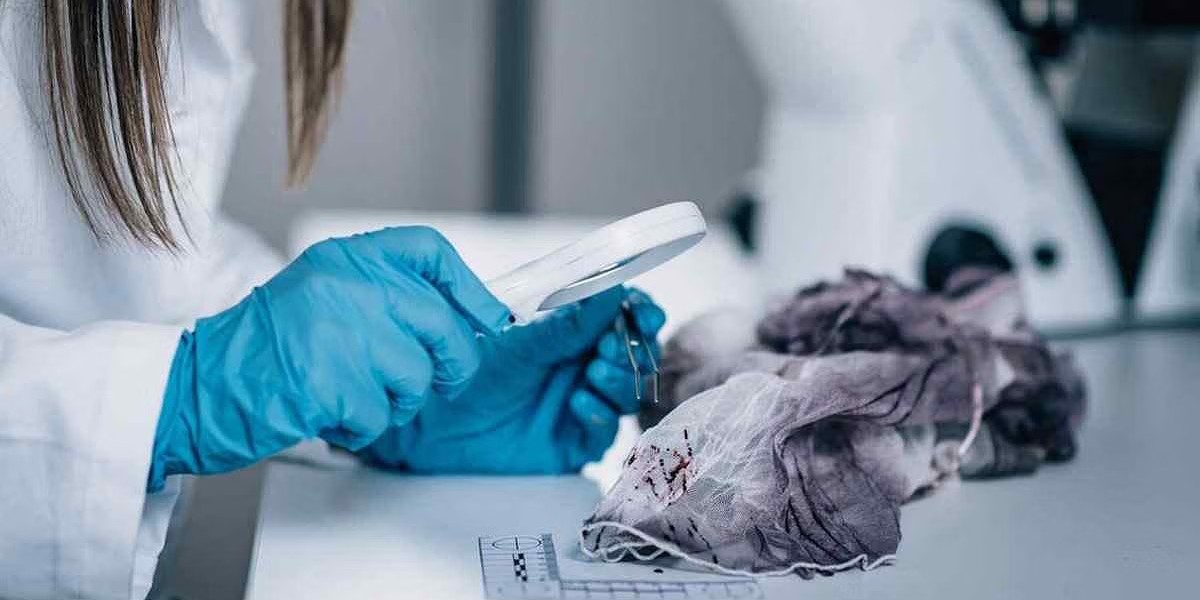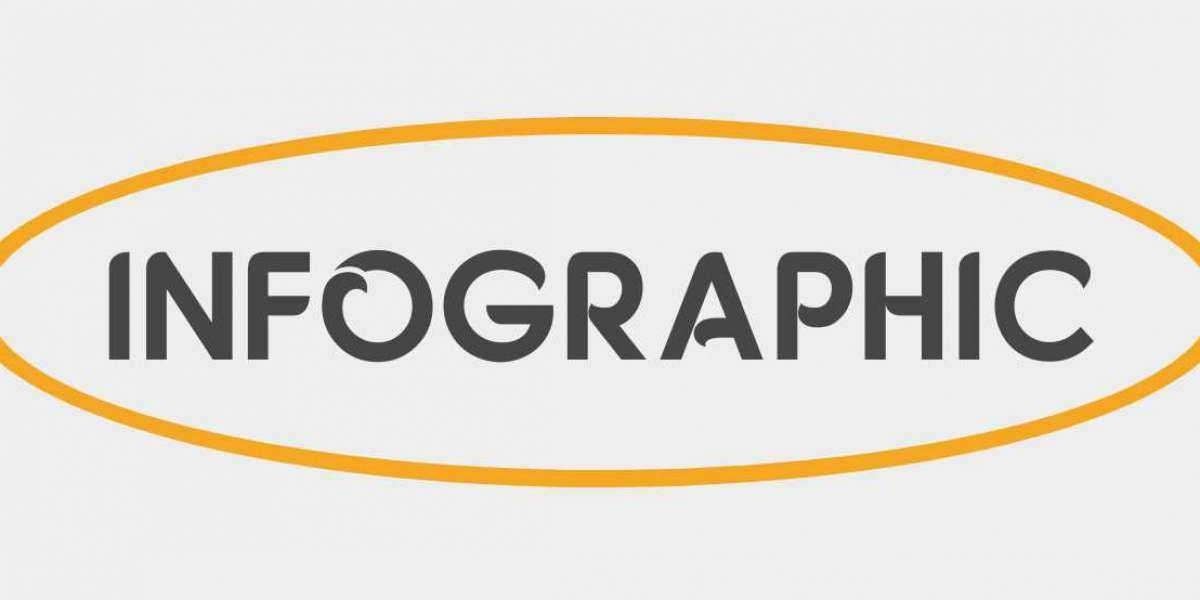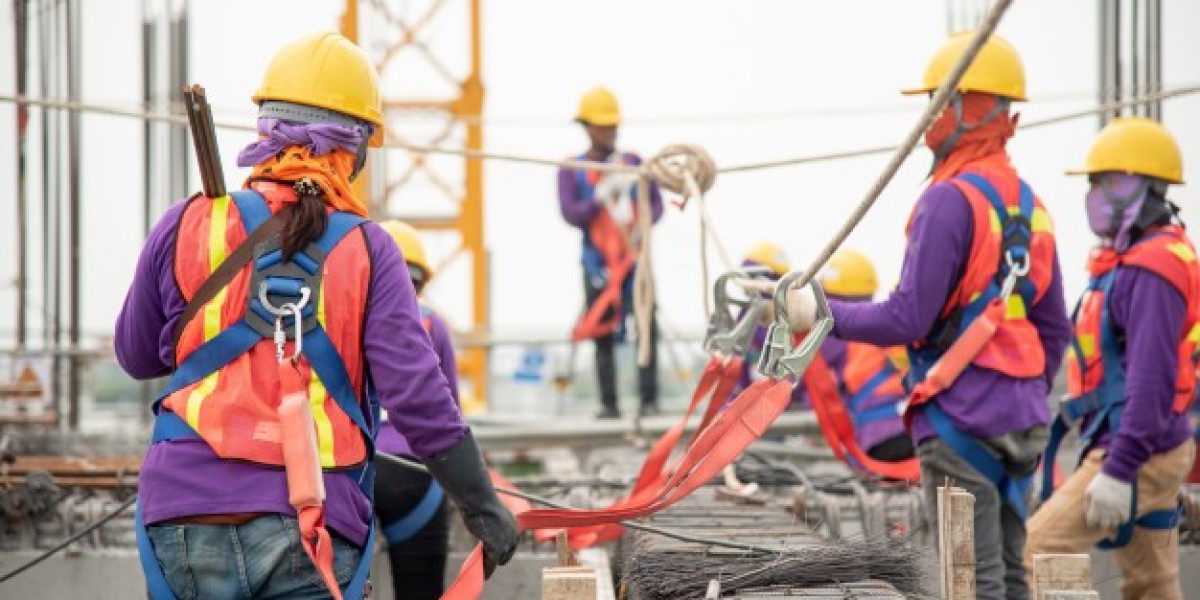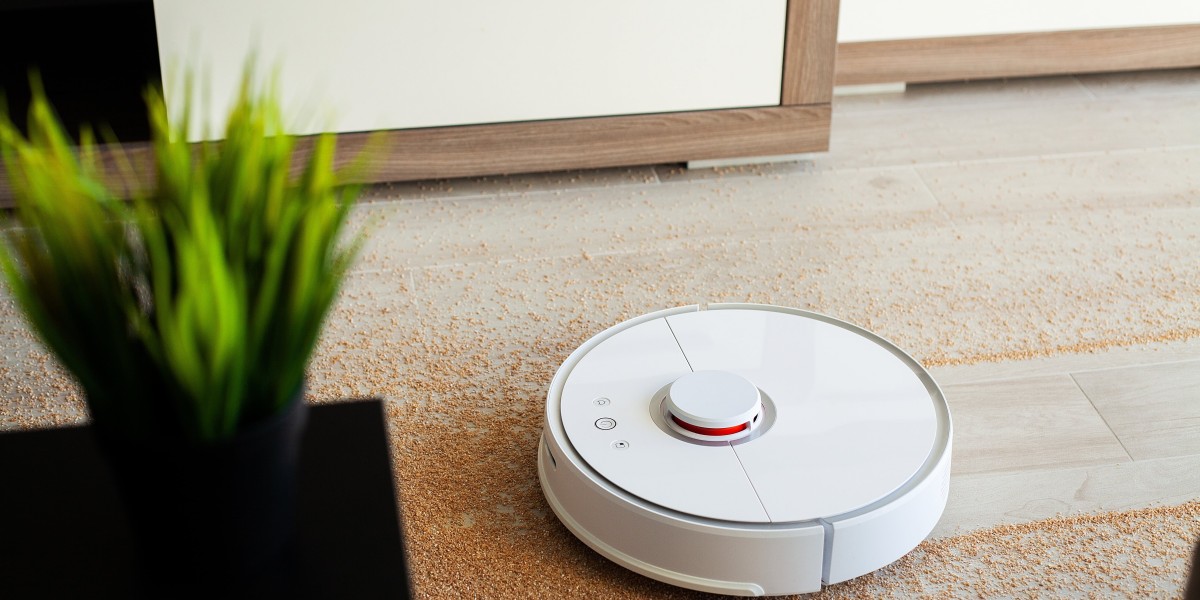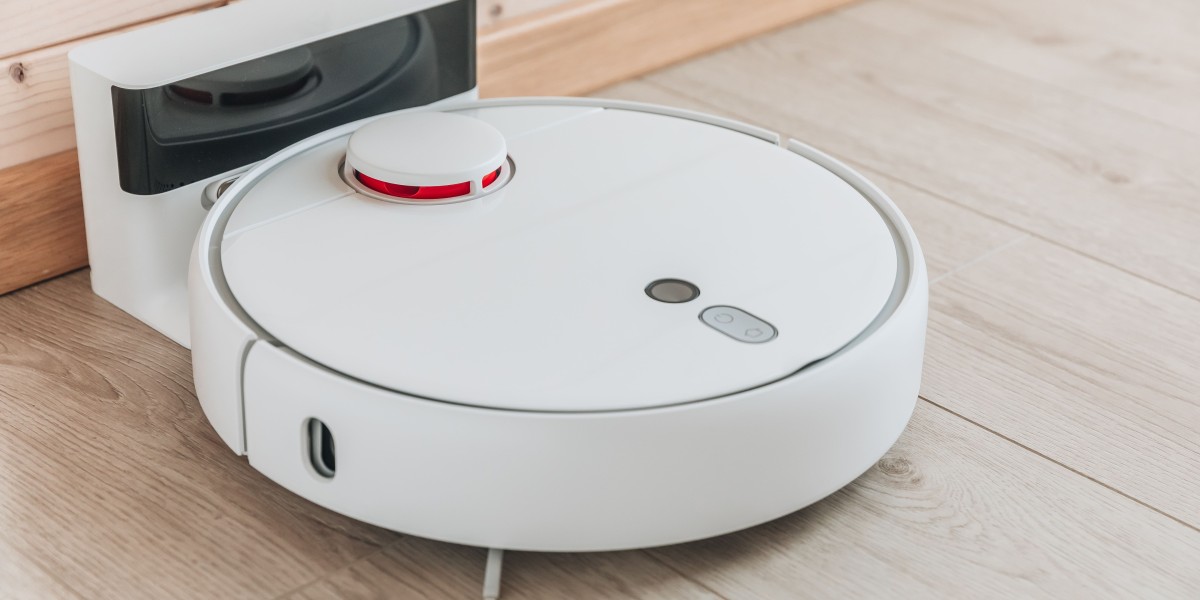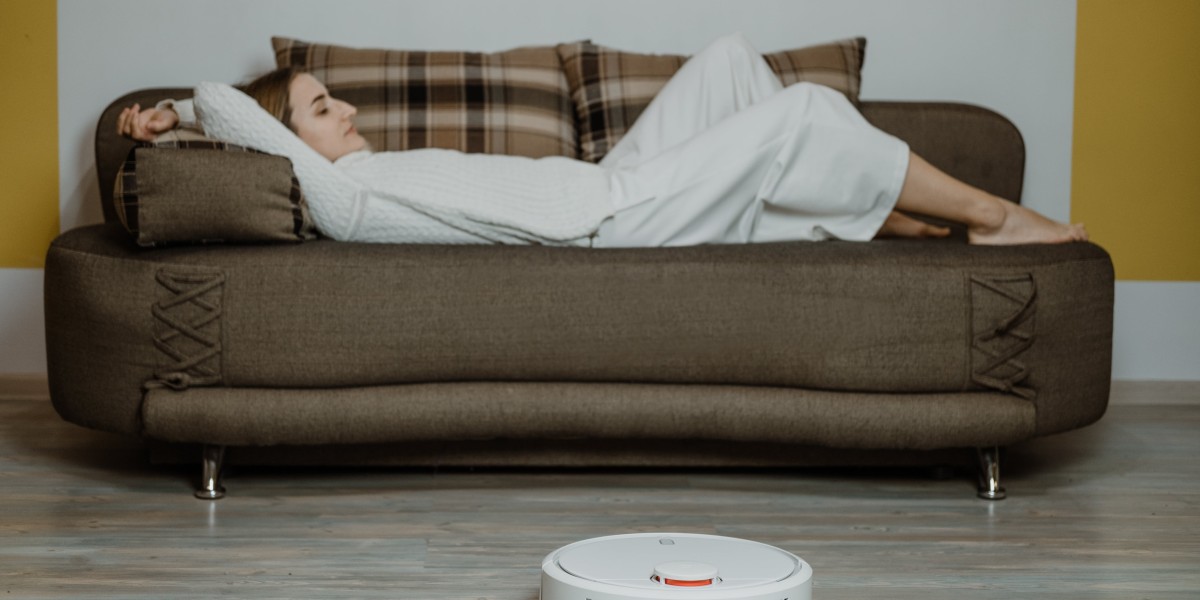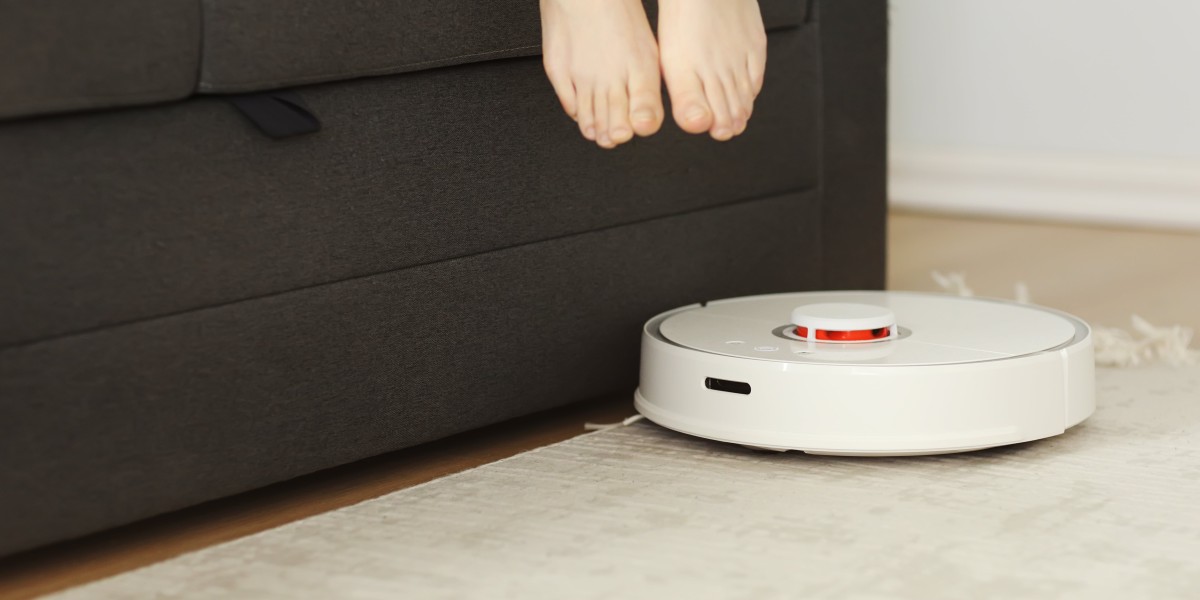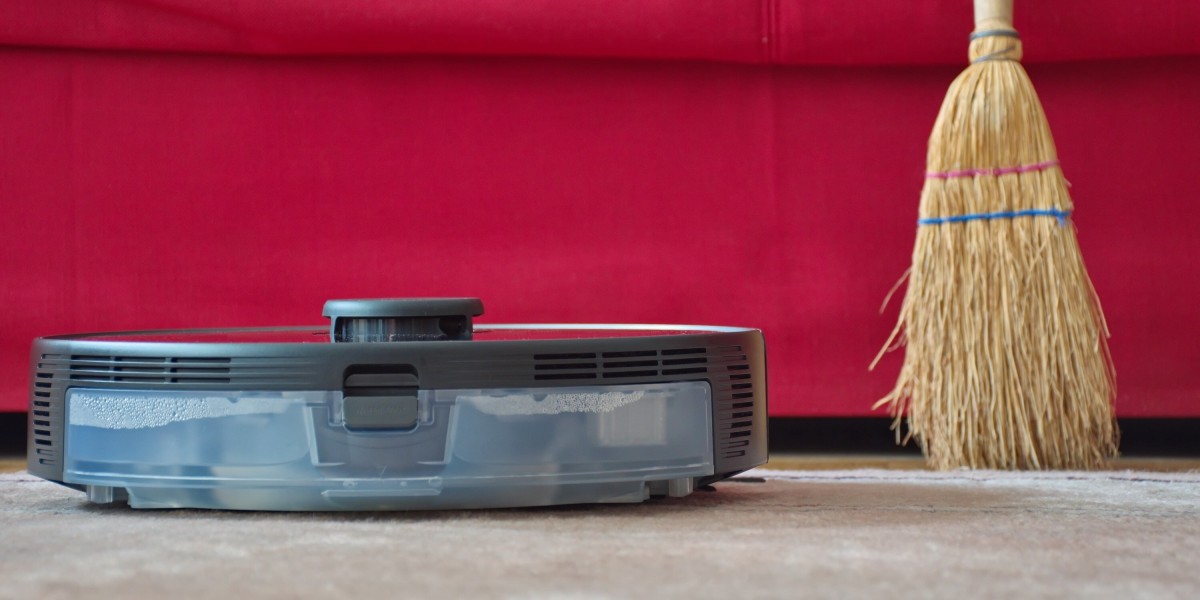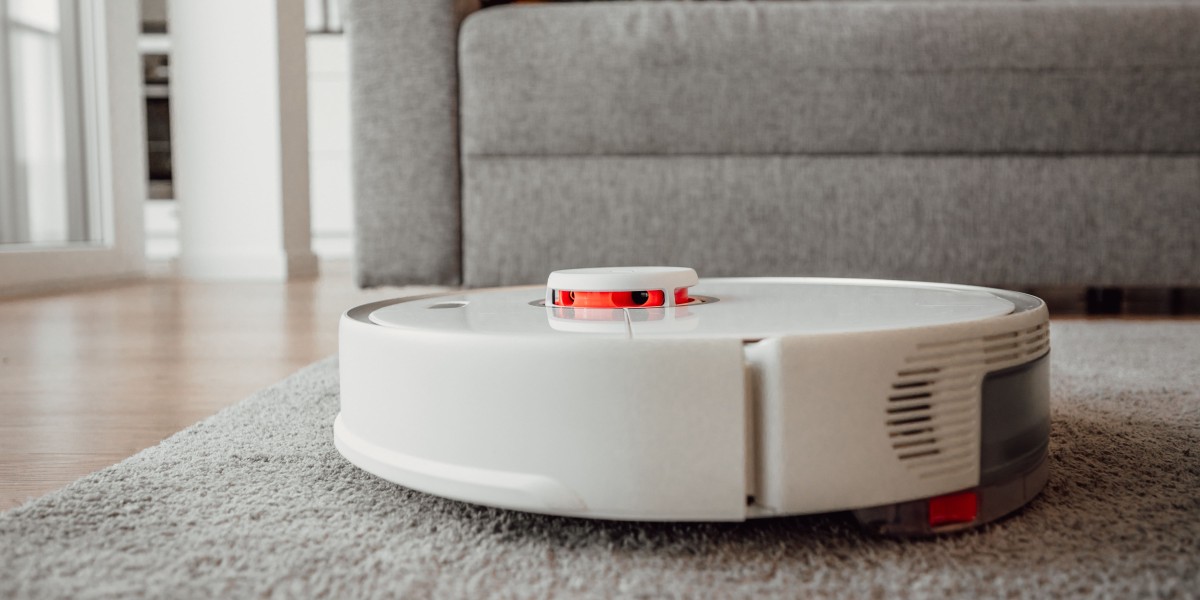Introduction to Forensic Expert Witnesses
A forensic expert witness is someone with specialized knowledge in a scientific or technical field who helps explain complex evidence during a legal case. Imagine them as translators who convert “science speak” into plain English for judges and juries.
What Makes an Expert Witness "Forensic"?
The word "forensic" simply means "related to the law." So when you hear "forensic expert witness," it means the person applies their expertise in a legal context. They could be scientists, doctors, psychologists, or engineers—anyone with skills relevant to the case.
Think of them as detectives with a science kit—uncovering hidden clues the rest of us might miss.
Different Types of Forensic Experts
There’s no one-size-fits-all. Here are a few types:
Forensic Pathologists: They determine causes of death.
Forensic Toxicologists: They test for drugs or poisons in the body.
Digital Forensic Experts: They dig through computers and phones for evidence.
Forensic Accountants: They follow the money trail in fraud cases.
Ballistics Experts: They analyze guns and bullets.
Each one plays a unique role in uncovering the truth.
How Forensic Experts Help in Legal Cases
Their job isn’t just about finding facts—it’s about explaining them clearly. Whether it's DNA analysis or decoding a financial trail, they help attorneys, judges, and jurors understand the story behind the evidence.
In criminal cases, they may show whether a suspect's fingerprints were found. In civil cases, they might prove that a product defect caused an injury.
Qualifications and Credentials Required
You can’t just call yourself a forensic expert—you need the right background. Most expert witnesses have:
Advanced degrees (like a PhD or MD)
Years of field experience
Published research or casework
Certifications in their specialty
And yes, many have to go through rigorous courtroom questioning before being accepted as an expert.
The Role of a Forensic Expert in Court
A forensic expert does three key things in court:
Review the evidence.
Provide a professional opinion.
Explain findings clearly to the jury.
They use charts, diagrams, or even 3D models to simplify technical points. Their testimony can be the turning point in a trial.
Real-Life Examples of Forensic Testimony
Remember the famous O.J. Simpson trial? Forensic evidence like blood analysis and glove size became major talking points.
Or in white-collar crime cases, forensic accountants have uncovered embezzlement schemes by piecing together obscure transactions.
In both criminal and civil courtrooms, these experts often bring the “aha!” moment that turns confusion into clarity.
How Courts Decide Who Can Be an Expert
Courts don’t just take someone’s word for it. A judge must approve an expert witness based on:
Relevance of their testimony
Reliability of their methods
Recognition in their field
This process is called a Daubert hearing in the U.S., named after a landmark court case.
Challenges Faced by Forensic Witnesses
It’s not always smooth sailing. They face:
Intense cross-examinations by opposing lawyers
Bias accusations
Media pressure in high-profile cases
Misunderstanding from jurors
They must stay calm, clear, and confident—even when questioned aggressively.
Misconceptions About Forensic Experts
Thanks to TV dramas, many people think:
They always solve the case.
They can give instant results.
Their word is final.
In reality, they're just one piece of the puzzle. Their findings can be challenged, and results often take time.
How They Differ From Other Witnesses
A regular witness testifies about what they saw or heard. An expert witness gives opinions based on data and professional judgment.
In other words, regular witnesses talk about the “what,” while experts explain the “why” and “how.”
How to Become a Forensic Expert Witness
Interested in the field? Here's a general path:
Get a degree in your chosen specialty.
Gain field experience.
Get certified by relevant boards.
Build a professional reputation.
Start testifying in court—usually after some mentoring.
It takes years of dedication, but it’s a rewarding career that combines science and justice.
Ethics and Responsibilities
Forensic experts must be neutral. They don’t take sides—they take facts.
Their main duties include:
Being honest
Avoiding bias
Maintaining confidentiality
Admitting limitations
It’s about serving the truth, not the team.
The Future of Forensic Expert Witnesses
As technology evolves, so does the role. We’ll likely see:
AI-assisted forensics
More digital evidence
Virtual courtroom appearances
Greater scrutiny of expert credentials
Still, one thing remains: people will always need help making sense of complex facts in court.
Conclusion
A forensic expert witness is much more than a scientist in a suit. They are storytellers of the truth—helping courts understand the science behind the scenes. Their role is vital in ensuring justice is based not just on opinions, but on facts explained clearly and confidently.
